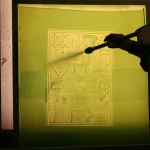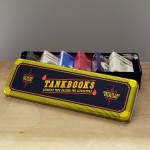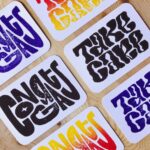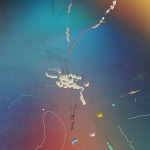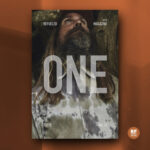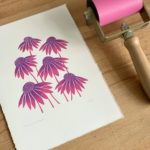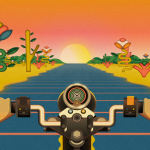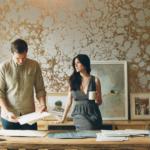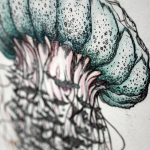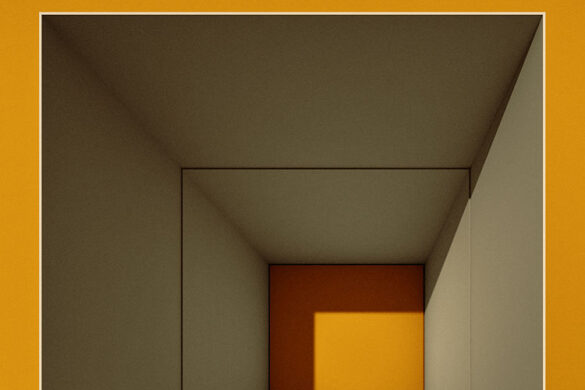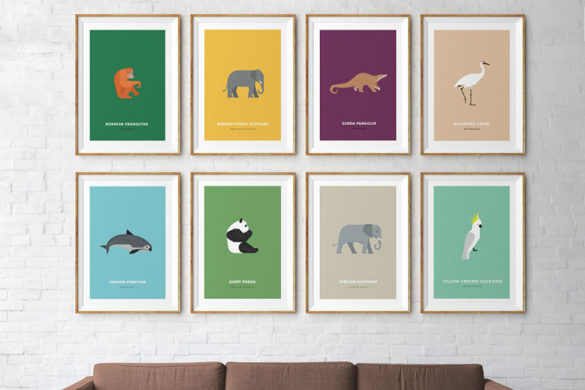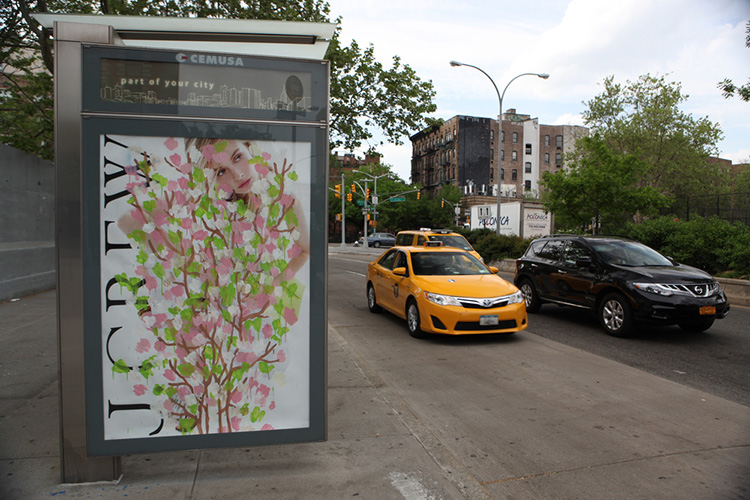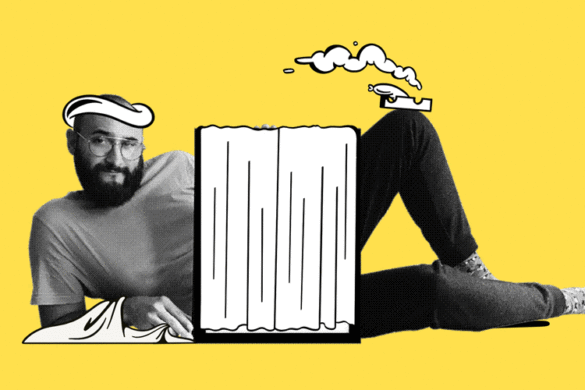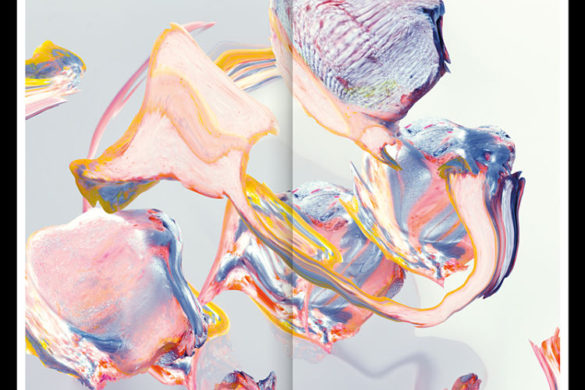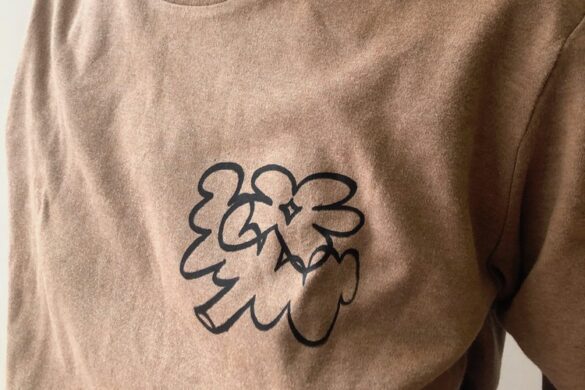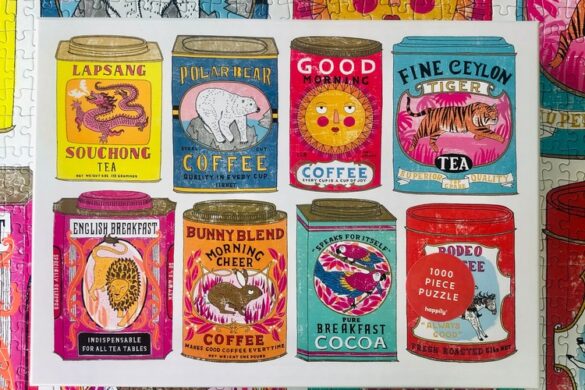George Butler’s drawings tell stories of everyday lives spent in extraordinary circumstances. The reportage illustrator’s drawn-from-life subjects range from British soldiers in Afghanistan to refugees in Lebanon and patients at a Syrian prosthetic limbs’ hospital. His award-winning work has been reproduced in newspapers including the Guardian, Evening Standard and The Times. He also has a book titled ‘A Year of Drawing’ and sells prints online. Over a cup of tea at his home in Peckham, I spoke to George about the appeal of reportage illustration, why print is still important and drawing to make a difference.
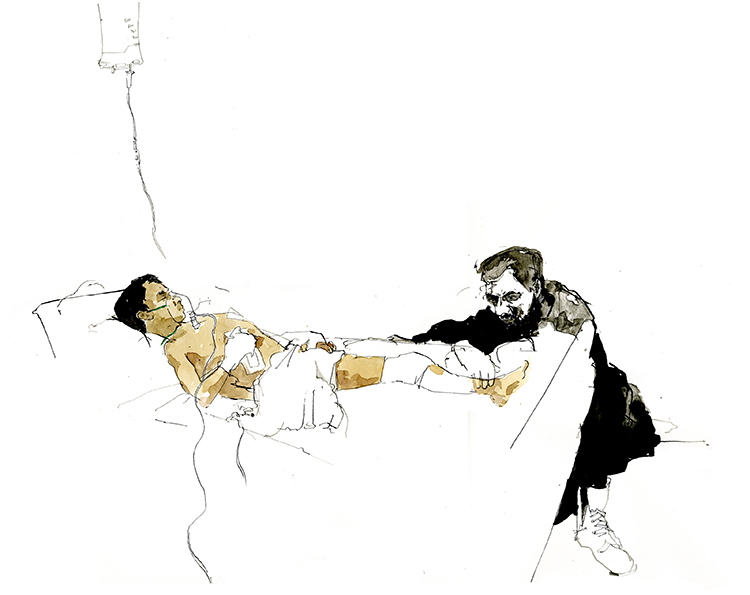
What motivates you personally?
The people I meet by chance or by fluke. I’m always blown away by how kind and friendly people are despite their circumstances. I want to understand them and tell their stories. There’s a normality that continues which you don’t necessarily see in the papers. That’s what my drawings are about.
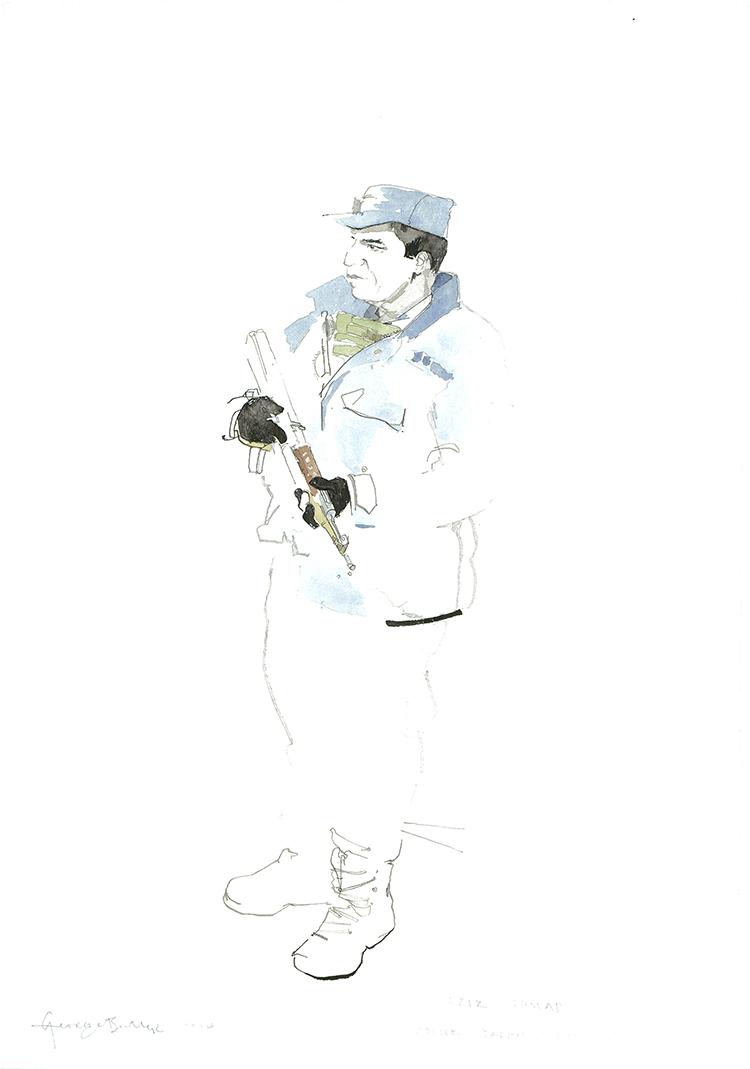
What is the value in reportage illustration these days?
At the moment, when everybody and anyone can take a photograph with their phone, illustration offers a bit of integrity. The fact that someone has been there, witnessed it and drawn for two hours on the street with the permission of the people there gives more legitimacy to the story. I guess it will help the print world as well if online becomes this ball of information that’s quite hard to decipher. It seems obvious that people will always enjoy having things to hold and I suppose like illustration, the more content that goes online the more value there is in things that are printed.
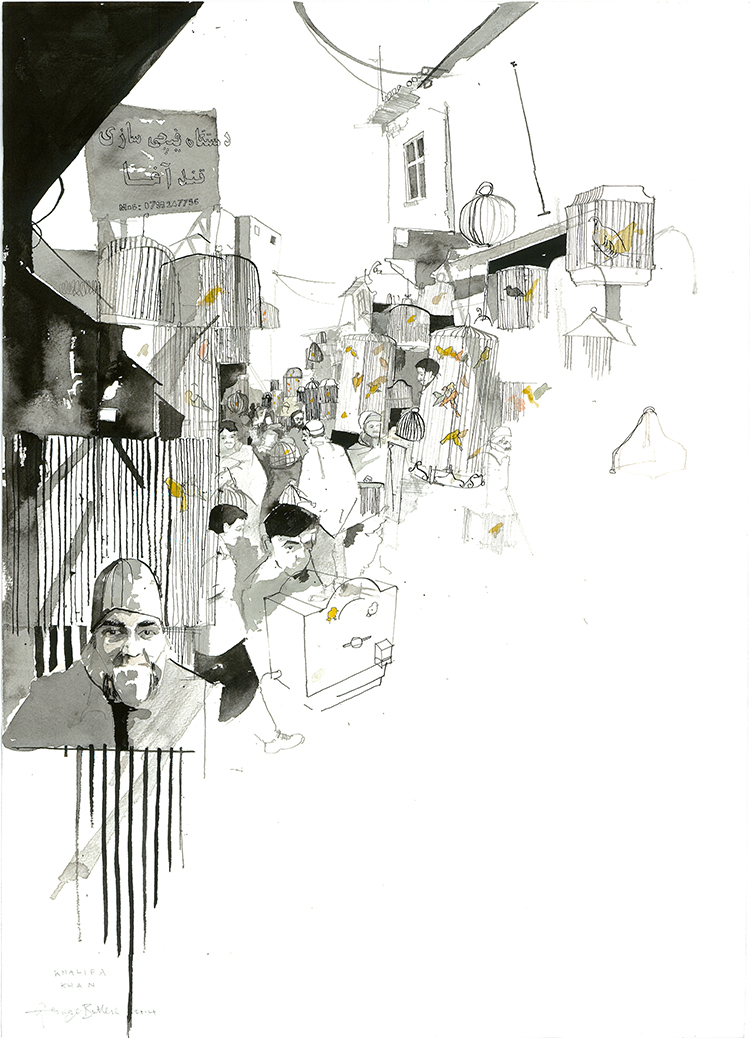
How is print important to you and your work?
I used to be a bookbinder and I appreciate something hand-held that you can keep. There’s something about the screen that is not that enticing when you’re looking at illustration. They are done as a drawing on a piece of textured paper, and the closer you can get to that, the better. The people who buy and commission my pictures always like to see the original. That’s one of the reasons I try and finish them on site as people don’t necessarily want a digital image. They want to be in direct contact with this picture that was in that part of the world. My business so far has been based on personal connections between the people that I’m drawing and the people who are looking at the work.
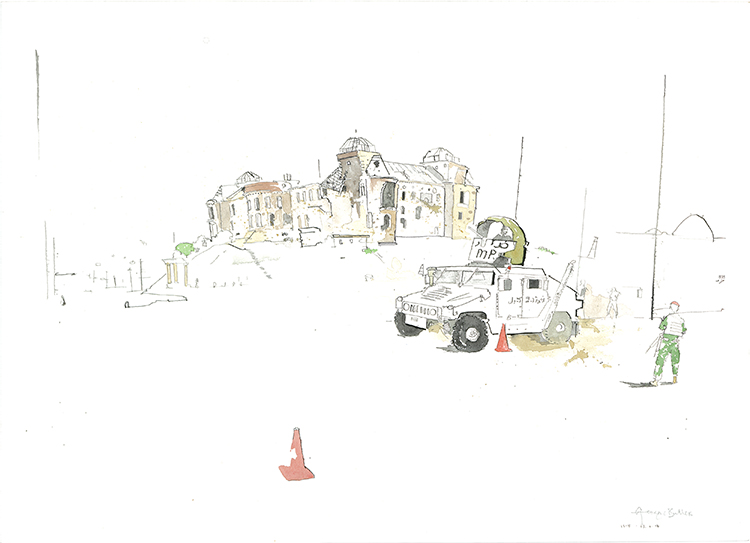
Has getting permission from your subjects ever been a problem for you?
You can’t assume that you can turn up and draw, take photos or make a film just because you believe your job is recording the news or being helpful. But permission is something I’ve never had a problem with in Syria, Afghanistan or anywhere. For some reason, drawing is unthreatening and nice and no one takes issue with it. I don’t know if it’s trust or because they don’t take you very seriously. Maybe they think because it’s a picture it can’t be very accurate or held up in a court of law. It’s quite an aggressive thing, photography. Even in the terminology alone, if you think about ‘blowing things up’ and ‘shooting’.
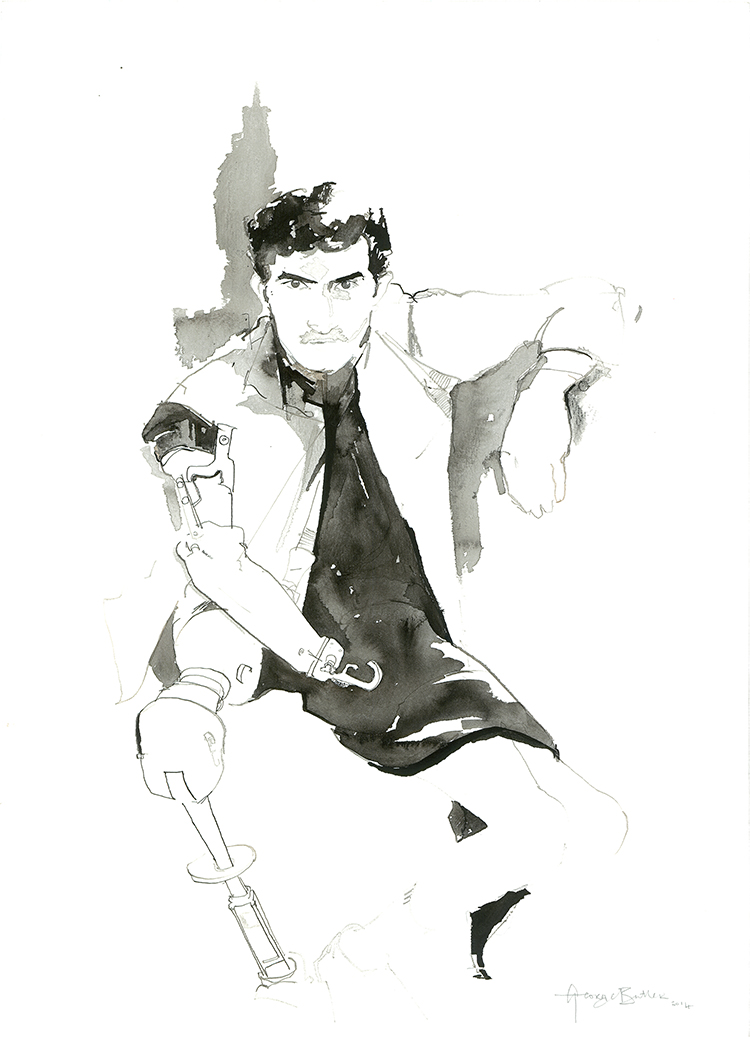
Are you concerned about being as true to a scene as possible?
It depends. I don’t think you necessarily want to be the artist who just copies a scene like for like, because somebody has probably taken a photograph. So you need to interpret it and add to it in some way. But I like accuracy and that someone else could recognise it. If there is a personal connection or a story I have a real drive to get them to look like they do. There was a policeman I met in Afghanistan who brought me tea while I was working and it would have annoyed me not to have drawn a picture that looks like him. I also need [the subject] to understand that it’s of them. The first people that you’re trying to impress are those around you.
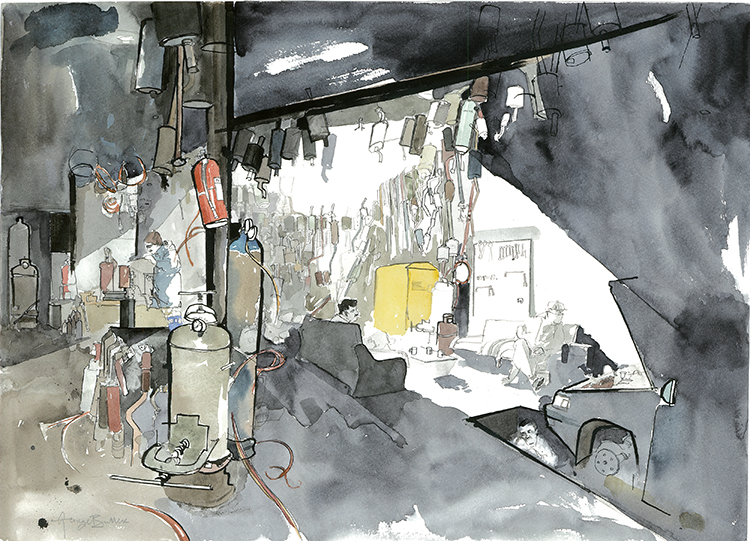
Do you feel responsibility towards the people you are drawing?
I absolutely feel a responsibility to tell however many I can that this is going on. I think it was a relief coming back from places like Syria to have my drawings published. Then you feel like you’ve done your job. When you meet people in a refugee camp or a school in Afghanistan you want to describe what it was like in that situation. I suppose you’re hoping it might make a difference and change something or someone’s opinion.
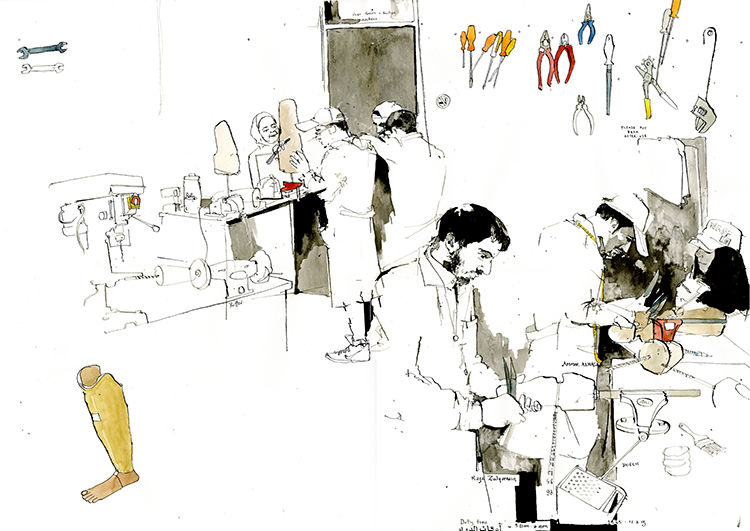
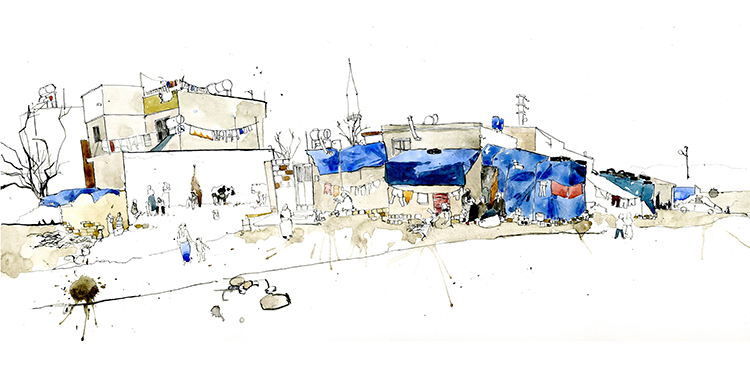
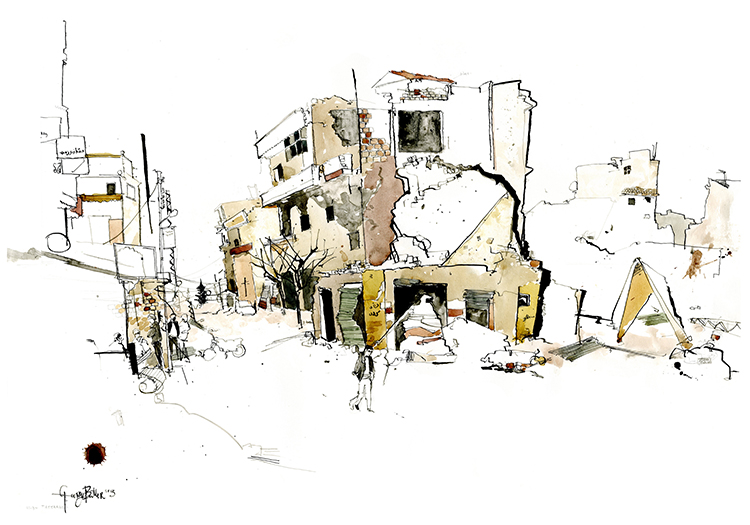
You might like...
- Mag Culture | The Modern Magazine 2016 - November 23, 2016
- The Modern Magazine 2016 - September 28, 2016
- Interview: DIY Cultures at Rich Mix / DIY Riso - June 2, 2016



